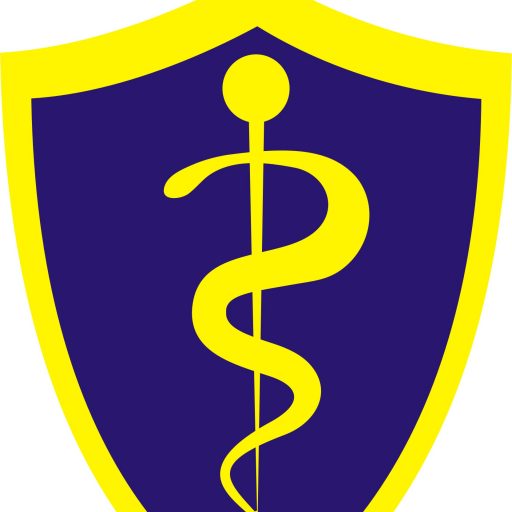Its a confusing question, specially if you are under stress or time pressure
Nuclear Medicine and Imaging: Imaging such as MRI, PET CT, CT Scan creates pictures of soft tissue parts of the body that are sometimes hard to see using other imaging tests. MRI is very good at finding and pinpointing some cancers. An MRI with contrast dye is the best way to see the brain and spinal cord tumors. Using MRI, doctors can sometimes even tell if a tumor is or isn’t cancer.
A PET CT Scan can often help with diagnosing and staging as early spread or metastasis as cancer cells containing glucose and light up and show up in a scan. This often helps with diagnosis even in cases where a tumor is not seen in an MRI or a CT scan.
Targetted therapies such as MIBG, PRRT, Alpha Therapy, Radio Iodine Therapy for Thyroid cancer come under the scope of a Nuclear Medicine Specialist.
Pathology and Hematopathology: A pathologist plays a critical role in cancer diagnosis and can confirm if the tumor is cancerous or noncancerous and if cancerous, he can confirm the type of cancer. Chemotherapy, drugs and other treatment protocols are often decided post staging and knowing the tumor type.
A Hematopathologist takes a look at the peripheral smear and the bone marrow and helps in diagnosing blood cancer.
Precision medicine means administering chemotherapy and other treatment protocols based on tumor type and knowing which drug will be able to target the mutation better.
Medical Oncologist: A medical oncologist prescribes chemotherapy, targetted therapy, immunotherapy, and other treatment protocols. He is the one to treat metastatic cancer with radiation oncologists or his own team.
Surgical Oncologist: A surgical oncologist takes care of cancer surgeries and removes the tumor or the diseased part for cancers which can be operated upon.
Within surgical oncology, there are specialists for Head and Neck cancer surgeries, GI( Gastro-intestinal) cancer specialists, Breast Cancer, Gynae-Oncology, Uro-oncologists( who take of urological cancers such as bladder cancer, prostate cancer, and kidney cancer), Ortho-onco surgeons( for bone cancers) and neurosurgeons( brain and spinal tumors)
Radiation Oncologists: Radiation oncologists are the ones to administer radiation such as IGRT, IMRT, SBRT, to cancer patients to help control localized cancers, or cancers spread to the bone, locally advanced cancers or cancers not receptive to chemotherapy
Hemato–oncologists: A hemato-oncologist takes care of liquid cancers, blood cancers such as Leukemia, Lymphomas, Multiple Myelomas. He is the one responsible for doing a bone marrow transplant, often a curative option for many blood cancers.
Reference: see more HERE

